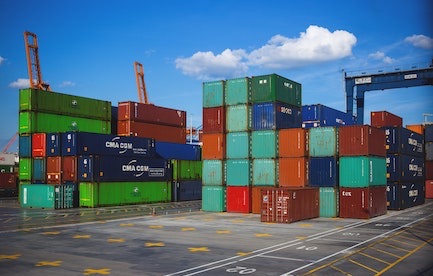How we successfully applied for the reverse-charge mechanism on import

The client’s problem
In this case, we are discussing a client who imports goods from China and the United States, in order to sell them on the European market. Normally, a client like this has to pay 21 percent Dutch VAT immediately upon import to the Netherlands, which results in an enormous increase of the expenses.
However, the 21 percent Dutch VAT can subsequently be claimed as input VAT, but only in its quarterly VAT return. This results in a cash flow disadvantage, as our client has to finance the 21 percent of Dutch VAT in advance.
Our solution
Under Dutch tax law − when certain requirements are met − it is possible to postpone the payment of VAT upon import to the moment of filing the next VAT return. Our colleague and VAT specialist Paul Hulshof successfully applied for a so-called article 23 permit, which enables our client to postpone the VAT upon import to the next VAT return. In this VAT return, the VAT upon import can also be claimed as input VAT resulting of a balance of nil.
Article 23: a brief explanation
Article 23 incorporates the reverse-charge mechanism on import. This means that one is not required to pay the VAT on import immediately. The VAT can be paid when the VAT return is filed and at the same time be claimed as input VAT. In order to do this, you will need an Article 23 permit. Please note that if you act as a foreign entrepreneur in the Netherlands, you won’t be able to apply for an Article 23 permit yourself. A certified tax representative can obtain this permit for you.
The current situation
By postponing the VAT upon import, our client now has a cash flow advantage in comparison with its competitors located in EU countries that are not able to postpone their VAT upon import.
During this assignment, we did not encounter any unforeseen difficulties. The completion of this issue resulted in an even better relationship with the client.
Note: due to the privacy of our clients, this case study provided by TGS lime tree does not include any names, numbers and other sensitive information of our clients, partners and other parties involved.
